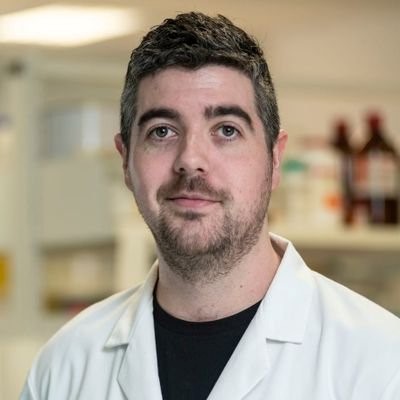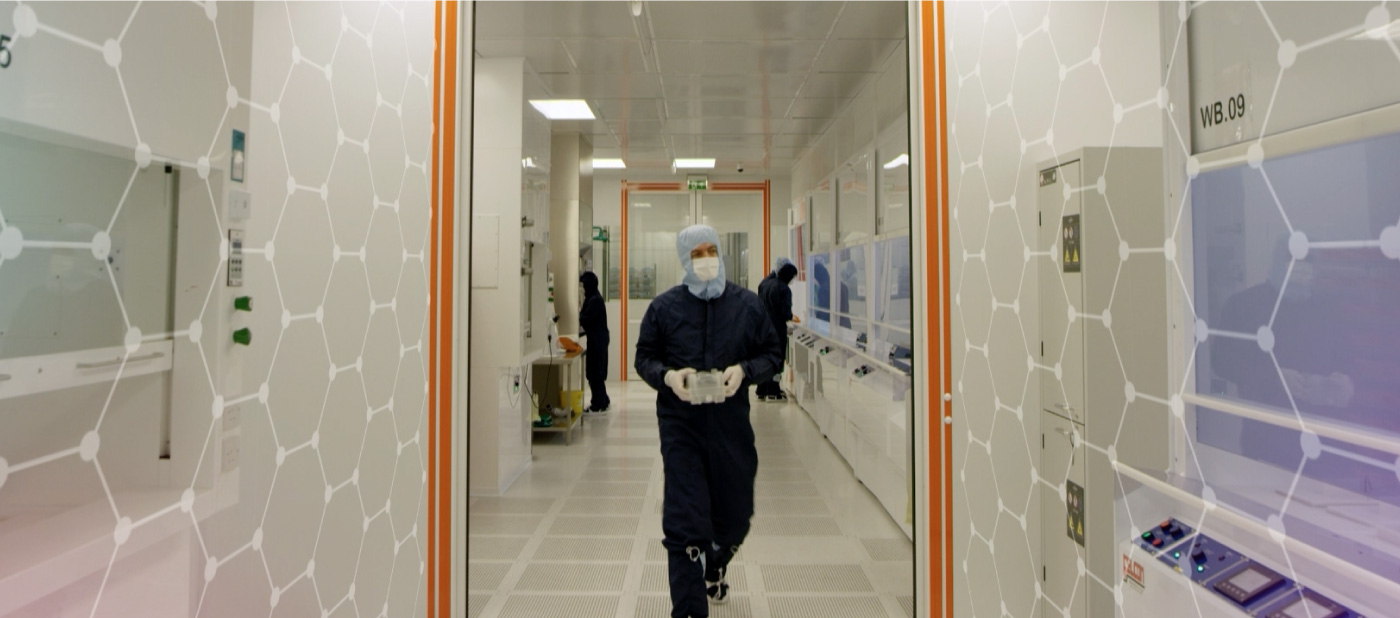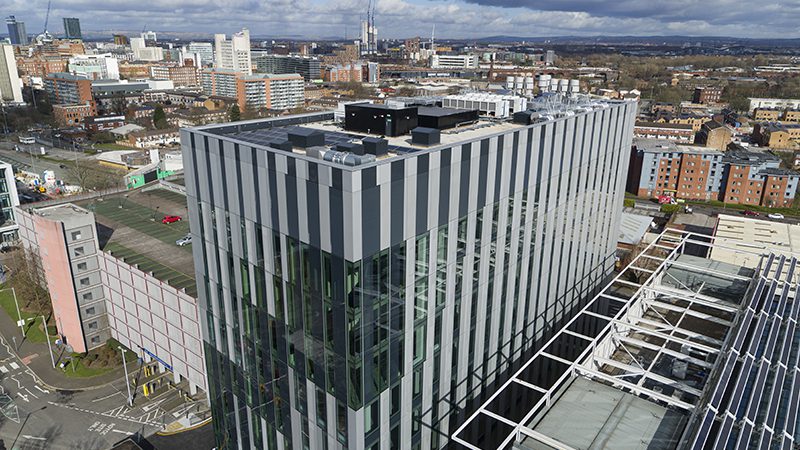The Henry Royce Institute PhD Student Sandpit brought together 22 students from 15 universities across the UK to find innovative solutions to a key materials science challenge facing our world today.
As the UK’s national institute for advanced materials, Royce is committed to training and upskilling the next generation of materials scientists and engineers. Alongside providing access to our national cutting edge research facilities, Royce is actively fostering an engaged learning community in materials science and engineering throughout the UK.
Originally intended as a 2 day in person event to simulate the conditions of a real life research sandpit, the Royce PhD Sandpit was instead held virtually over 10 days due to the ongoing COVID-19 outbreak.
Divided into teams from different universities, students worked together to tackle a grand challenge of materials science and engineering set by Professor Michael Preuss from the University of Manchester, ‘The Problem of Aging in Materials and Components’.
The event culminated in a live videoconference competition with each team presenting their ideas to a panel of academics and a representative from the event industrial partner, Jacobs Engineering Group.
Students were mentored throughout the process by volunteers from academia, industry and research management including Dr Corinne Howse (Project Manager | Royce at The University of Sheffield) who said:
“Working with PhD students provides a fantastic opportunity to explore new ideas in a creative environment, without the constraints that normally apply to more seasoned researchers. Even virtually, this event allowed us to get a feel for how the next generation thinks and what we can do as an institute to support them.”
The Royce PhD summit was supported in its facilitation by Dr Adrian West and Sophie Brown, Associates from Company of Mind who assisted in compeering the event, ensuring the smooth running of the event and providing key insights into the process of innovative thinking.
The winning team (comprised of students from the universities of Manchester, Loughborough, Ulster, Bristol and Imperial College London) proposed an innovative idea to detect impending failure in carbon fibre composite materials using nano-sensor technology for mechanical strain.
Their solution hypothesised that using an array of nano-sensors, including chemical sensors with sensors utilising carbon nanotubes and graphene nano-platelets would allow for a full description of stresses throughout the material in-situ and in real time.

“The team worked really well together and although we didn’t always agree on the best way to proceed, I think we all got a lot out of the event, learned a lot and, in the end, we developed a really cool idea.”
Chris Proctor | Ulster University | Member of the winning team.
The event was organised by Dr David Stanley, Royce Training and Skills Lead, who commented that:
“Skills and Training is at the heart of what we do here at Royce and allows us to cultivate the materials community amongst early career researchers (ECRs). Crucially, an event like this sandpit gives ECRs a flavour of what real research is like, working in teams to solve problems and competing for funding.”






